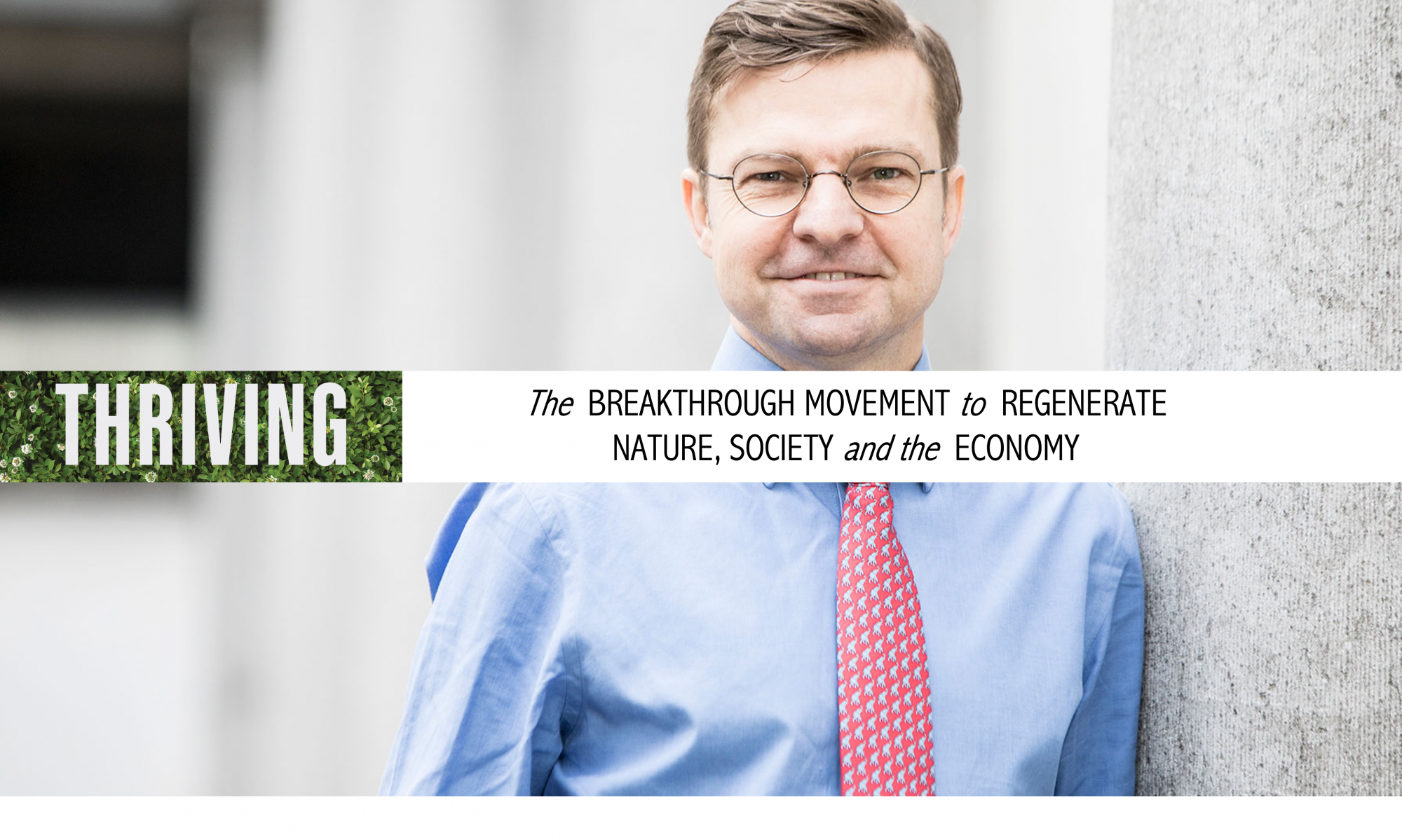8 lessons from Egypt in building a cleaner chemicals industry
Article by Wayne Visser
Part of the Sustainable Innovation & Technology series for The Guardian.
The technology is there to reduce the environmental impact of Egypt’s chemical sector, but finance and capacity are still lacking.
In previous articles, I have looked at the impacts of the chemicals sector and innovations like green chemistry. But how do we share the technologies that are making the chemicals sector more sustainable, especially in rapidly emerging countries?
To answer this question, I’m going to shine the spotlight on Egypt – where factories are discharging 2.5m cubic metres of untreated effluent into the rivers every day, much of it laced with toxic chemicals. The country also faces a water and energy crisis. But three Egyptian companies are tackling these environmental issues through technology adoption and transfer.
The first is Arab Steel Fabrication Company (El Sewedy), which has applied a technological solution to recover hydrochloric acid from its galvanisation process. Besides the obvious environmental benefits, the company is saving 345,000 Egyptian pounds (£30,000) a year. The second company, Mac Carpet, has used technology to create an automatic system for recycling of thickener agents, which saves it about EGP5m per year.
The third case is El Obour for Paints and Chemical Industries (Pachin), which manufactures paints, inks and resins. As with many chemical companies, the manufacturing process is very energy intensive. As part of a government programme to promote renewable energy in Egypt (part-funded by the EU), a technology company in Germany has installed solar collectors at the Pachin facility. These heat the water to 65C, then by using a heat exchanger, recover the heat and use it to keep the fatty acid store at an optimal temperature, saving the company EGP100,000 a year.
In all three cases, there are lessons to be learned.
1. Economic drivers
When asked about the top three benefits from implementing sustainable technology, El Sewedy and Mac Carpet Company both mentioned resource productivity and economic development. Environmental improvement was also a key factor (in the top three for both), but would have been insufficient on its own to motivate the technology change.
2. Skills development
Significant barriers to technology adoption for both companies were the lack of local qualified workers and institutional capacity. To overcome this, the technology provider and the Egyptian National Cleaner Production Centre (ENCPC) had to do training. Ali Abo Sena, an ENCPC representative, said that education was needed not only on the specific technologies, but also more broadly on the seriousness of the water crisis in Egypt.
3. Business continuity
For Pachin, energy consumption is not just an environmental issue, but one that is business critical. In 2013, the Egyptian government announced plans to ration subsidies for petrol and diesel fuel, and hiked fuel prices for heavy industry by 33% at the beginning of the year. Power outages have become more commonplace, resulting in significant disruption to business continuity and loss of economic value.
4. Market potential
The German solar company was prepared to part-fund, install and support the technology transfer to Pachin in Egypt because it enabled them to show a working demonstration of a project in a market that has massive potential for the business. The marketing benefits of sustainable technology in developing countries should not be underestimated.
5. Macro conditions
It is unlikely that the Pachin project would have been embraced so enthusiastically had Egypt not experienced an energy crisis – and accompanying rises in energy costs – in recent years. Although these macro conditions are beyond the control of sustainable technology providers, being sensitive to the opportunities that they can provide can help ensure that the correct markets are chosen for deployment.
6. Financial support
Although long-term economic development is an important benefit of the adoption of sustainable technologies, the high initial cost of the these projects and the relatively long payback period can be a significant barrier. In the case of Pachin, this was overcome by getting financial support for the project (from the EU and the technology provider).
7. Plan for scaling
A lack of qualified workers to install, operate and maintain Pachin’s solar technology was overcome by providing the relevant skills training. However, in order to ensure future scaling, a plan was also devised for moving towards local manufacturing (possibly through a joint-venture).
8. Local adaptation
The ENCPC – working as an intermediary – determined that the German solar technology was over-engineered for the local conditions. In particular, since the technology was made in Germany and had to comply with EU specifications and perform in a region with ambient sunlight, it was found that the insulation materials could be replaced with less expensive substitutes, which performed adequately under local conditions.
Major reductions in the environmental impacts of the chemicals industry – as well as economic benefits – can be achieved by adopting and transferring existing best practice sustainable technologies. The problem, therefore, is not our lack of sustainable technologies, but our ability to finance, incentivise and build capacity for their deployment where they are most needed in the world.
Download
[button size=”small” color=”blue” new_window=”false” link=”http://www.waynevisser.com/wp-content/uploads/2014/10/article_sustech7_wvisser.pdf”]Pdf[/button] 8 lessons from Egypt in building a cleaner chemicals industry (article)
Related websites
[button size=”small” color=”blue” new_window=”false” link=”http://www.waynevisser.com/books/the-quest-for-sustainable-business”]Link[/button] The Quest for Sustainable Business (book)
[button size=”small” color=”blue” new_window=”false” link=”http://www.kaleidoscopefutures.com”]Link[/button] Kaleidoscope Futures (website)
[button size=”small” color=”blue” new_window=”false” link=”http://www.csrinternational.org”]Link[/button] CSR International (website)
Cite this article
Visser, W. (2014) 8 lessons from Egypt in building a cleaner chemicals industry, The Guardian, 8 October 2014.


